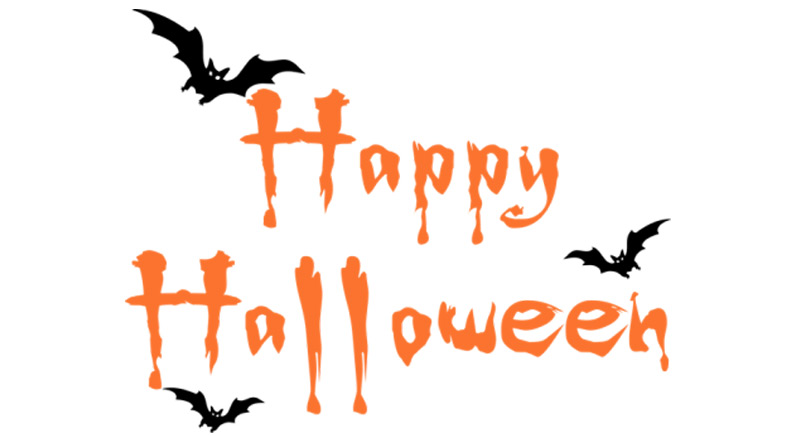For those in recovery for an eating disorder, Halloween can be a scary time. And not just because of the haunted houses and horror movies—but because of the exposure to food and candy. Halloween doesn’t have to be a stressful time. With the right preparation and support system, there are healthy and easy ways to manage Halloween triggers so that you can enjoy the festivities.
Tips for Halloween during eating disorder recovery
Talk to your treatment team and come up with a plan
You may want to reach out to your treatment team or therapist to help process your emotions surrounding the holiday. Come up with some coping strategies together to get you through the day. Keep your treatment team’s phone number readily available if you need to talk outside of your therapy session. They are there to support you, so don’t be afraid to ask for their help!
Use the buddy system
If you’re heading out to a party or even trick or treating yourself, bring a trusted friend who can help support you through the night. Remember that you don’t have to struggle through it alone. Having someone with you that understands what you’re going through can help you resist any unhealthy urges.
Wear what you want
If you decide to dress up, make sure you wear what you will feel comfortable in. Focus on the fun and festivities and less about what you’re wearing. If you don’t feel like dressing up—don’t! Don’t feel pressured to look a certain way.
Make a plan that doesn’t involve food
There’s a ton of stuff to do that doesn’t involve candy and food on Halloween. Go see a haunted house, head to the pumpkin patch or go for a hayride. Having other types of events to look forward to can help alleviate feelings of anxiety.
Come up with a candy alternative
Just like you shouldn’t feel pressured to dress a certain way, it’s OK to not eat candy on Halloween if you’re not ready for it. Keep another snack on hand that you enjoy instead. This way you make sure that you’re eating, but it doesn’t have to be a food associated with negative feelings.
Don’t be afraid to set boundaries
If you’re feeling pressured to eat food or candy, don’t be afraid to say no. You have the right to set healthy boundaries. If others are not aware of your recovery, it can be difficult to assert yourself. But remember that you don’t have to explain yourself, its ok to say no thank you!
Learn some soothing coping strategies
If you’re feeling overwhelmed, come up with some coping strategies to help distract you. Bring a stress ball in your pocket to squeeze, learn some relaxing breathing techniques or download a fun game on your phone. Learning self-soothing techniques is a great way to decrease anxiety.
Let others know you’re struggling if you need to
You don’t have to have an all out heart-to-heart with everyone, but it’s perfectly fine to let others know it’s a tough time for you if you need to. A simple text or note to friends and family saying “Hey, it’s a tough time of year for me, if I leave a little early or seem a little anxious, that’s why” can bring a whole new level of support. Just knowing others understand can make a big difference.
Have an exit plan and know your limits
Don’t push yourself. If you need to leave early or opt out of an event, allow yourself that option. Avoiding triggers and knowing your limits is healthy. Your recovery is what is most important and there will be plenty of chances to challenge yourself down the road. Your health and happiness is the priority!







